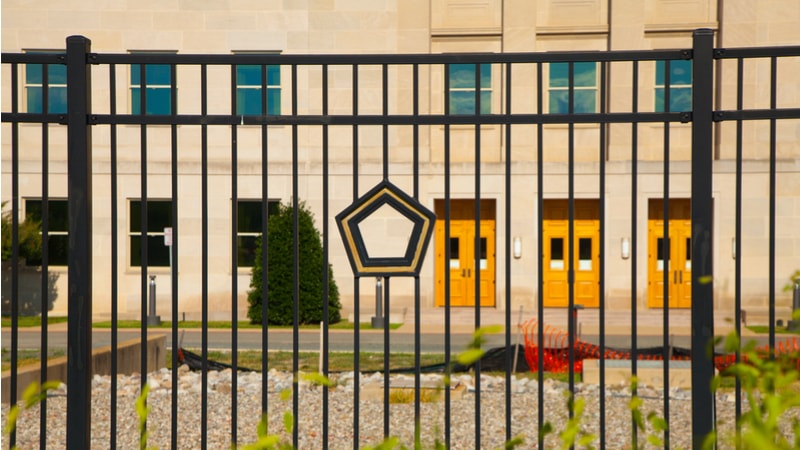
A Federal judge last week temporarily blocked the Department of Defense (DoD) from implementing a controversial policy slashing research funding for U.S. universities by granting a temporary restraining order (TRO) sought by a coalition of 12 major research institutions.
The decision halts – for now – the DoD’s move to impose a strict 15 percent cap on indirect cost rates for new university research contracts. The previous average rate, negotiated individually with institutions, was approximately 55 percent.
Indirect costs refer to resources used to support research-related infrastructure, such as lab equipment, utilities, technical staffing, and administrative support. These funds are vital to sustaining the operational backbone of research institutions and ensuring their ability to conduct high-level investigations into cutting-edge technologies.
The lawsuit filed on June 16 argues that the DoD’s sudden policy shift threatens the very foundation of academic research partnerships with the Federal government.
In a statement, Johns Hopkins University – who is being joined by 11 other institutions, the American Association of Universities (AAU), the American Council on Education, and the Association of Public and Land-Grant Universities in filing the lawsuit – called the change “a unilateral and harmful rollback of long-standing Federal policy.”
“For decades, universities have negotiated with the Federal government to determine the reimbursement rates for indirect costs – the real and necessary costs of conducting groundbreaking research that has made our nation the world’s leading military superpower,” the statement reads.
The lawsuit comes in response to a May 14 memorandum from Defense Secretary Pete Hegseth in which he directed the department to “pursue a lower cap on indirect cost rates for all new financial assistance awards to institutions of higher education, consistent with Federal regulation.” The DoD argues that this policy will streamline costs and ensure more funding is directed to research itself, rather than overhead.
According to Hegseth, these changes position the DoD to save up to $900 million per year on a going-forward basis.
“The Department has an avenue to deviate from institutionally negotiated indirect cost rates when it determines such deviation is necessary and justified. We seek to exercise that authority now,” the memo states.
However, plaintiffs warn that the decision will have significant national security repercussions.
“DoD’s latest action would have an immediate and dire effect on our national security by disrupting research designed to help our military,” said the AAU in a separate statement. “It would also harm our universities’ ability to continue research in critical emerging technology areas such as artificial intelligence and quantum computing that have significant military applications, and that China is investing in heavily.”
“To put it simply,” the AAU added, “this cut to university research would make our nation less safe, threaten our future defense readiness, and weaken our global security.”
Judge Brian Murphy of the U.S. District Court for the District of Massachusetts agreed, granting a TRO to block the DoD’s 15 percent cap. The court scheduled a return hearing for July 2 and ordered the TRO to remain in effect until further order of the court.
